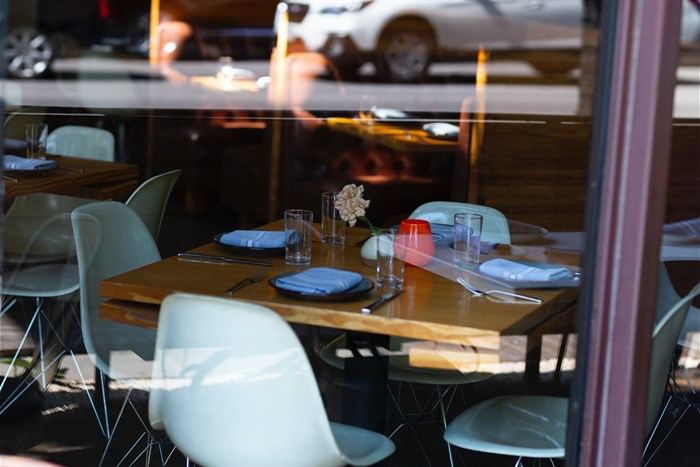
Top stories

Marketing & MediaWarner Bros. was “nice to have” but not at any price, says Netflix
Karabo Ledwaba 3 hours





More news



















“Most markets are not back to 2019 levels, but those which have a strong domestic leisure market are coming back fast,” says Rossmann.
A strong leisure recovery in the northern hemisphere summer has led to a recovery of between 90% and 100% occupancies in the United States, while Europe is lagging slightly with two-thirds occupancy levels over summer. This is better than what we are seeing in Africa, which remains at half of 2019 levels.
“There’s certainly pent-up demand for travel,” Rossmann adds. “However, we haven’t seen rate improvements in South Africa because international luxury tourism and business travel have not returned yet and domestic leisure demand is what underpins the recovery.”
While South Africa tends towards the bottom of performance across the African continent in terms of occupancy, there are green shoots in some of the provinces – those with a strong domestic leisure market like Limpopo and KwaZulu-Natal – over the usual school holiday periods. Provinces like Gauteng and Western Cape are trading at 60% below what they would normally be, according to the STR data.
Rossmann points out that market conditions are changing rapidly which require business owners to make decisions in an entrepreneurial way. He also highlights that there is a faster recovery rate coming out of this downturn vs previous downturns.
“If we look at the luxury segment which underperformed last year, we see it outperforming in 2021. Luxury hotels in Dubai, for example, have Revenues Per Available Room (Revpar) that are on average 70% higher than pre-Covid.”
There’s reason to hope, but the hospitality environment in South Africa remains pressured while it focuses on small local demand and waits for international and corporate travel to recover meaningfully.
The liquidation statistics for South African businesses sound a stark warning for all of us, says Rosemary Anderson, Fedhasa national chairperson.
“Each South African has the power to ensure that the hospitality sector does not have to endure a fourth-wave of shutdowns by complying with the stringent non-pharmaceutical protocols and getting vaccinated.
“If we consider that small businesses create jobs and that the tourism and hospitality sector puts food on the tables of one in every seven South Africans, we simply cannot have a repeat of last year’s summer season. Every South African can play their part in helping businesses stay open, stop the insolvency blood bath and save livelihoods. That is our fervent hope as South Africa’s hospitality sector as the festive season approaches,” concludes Anderson.